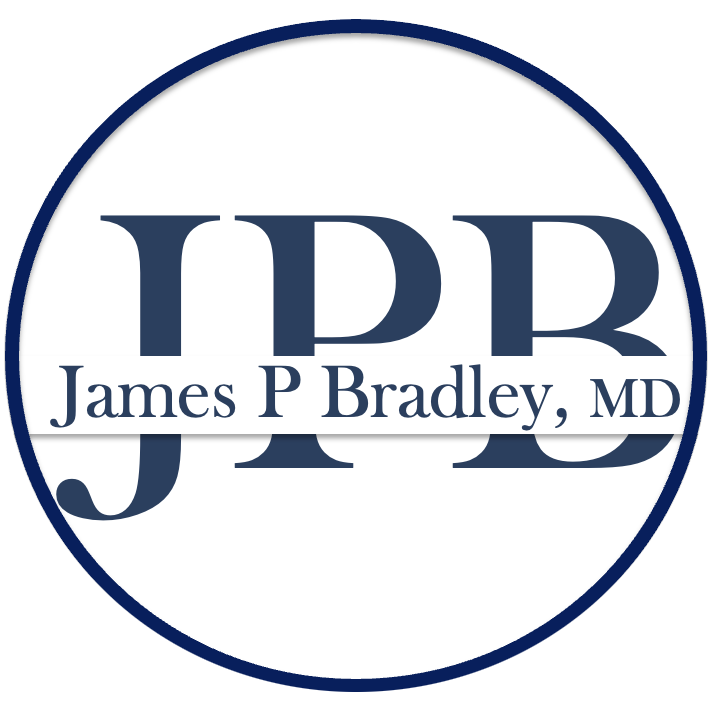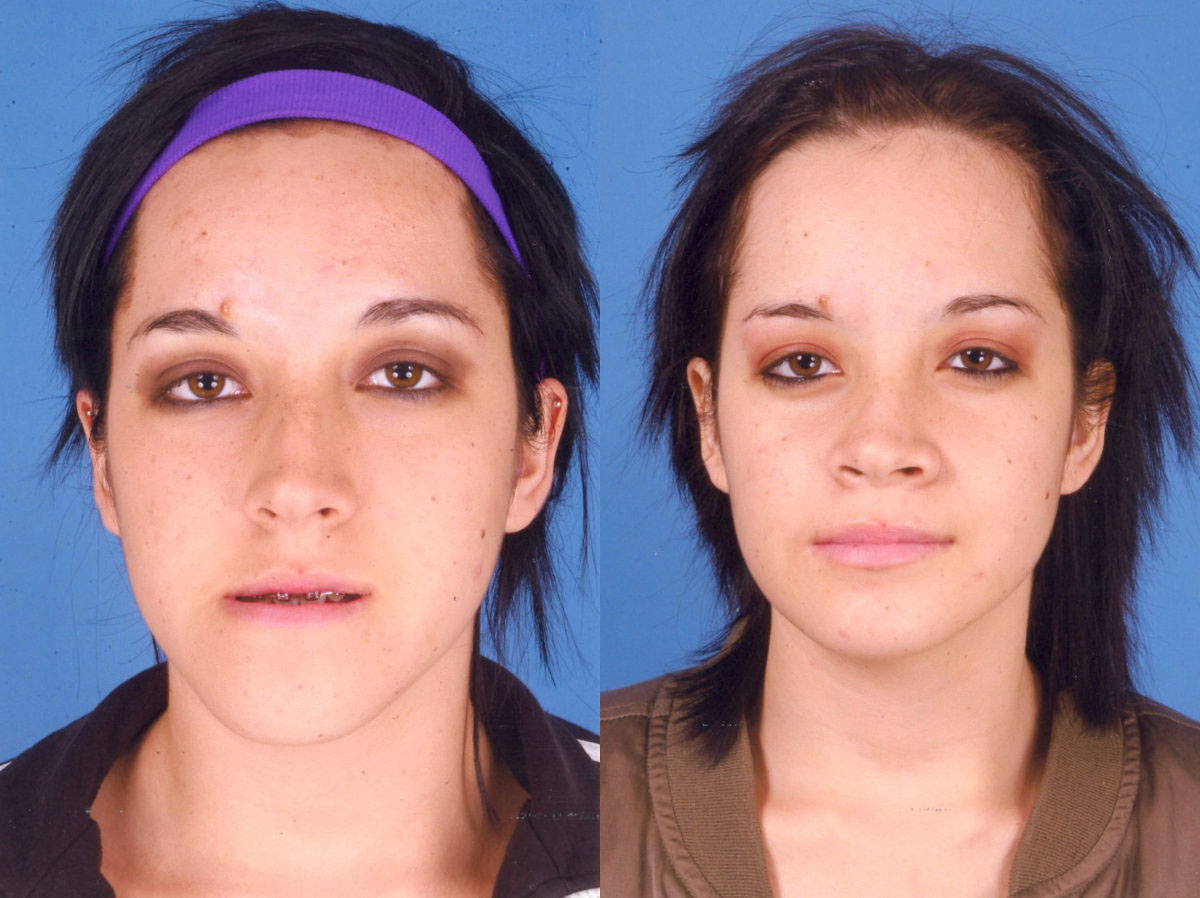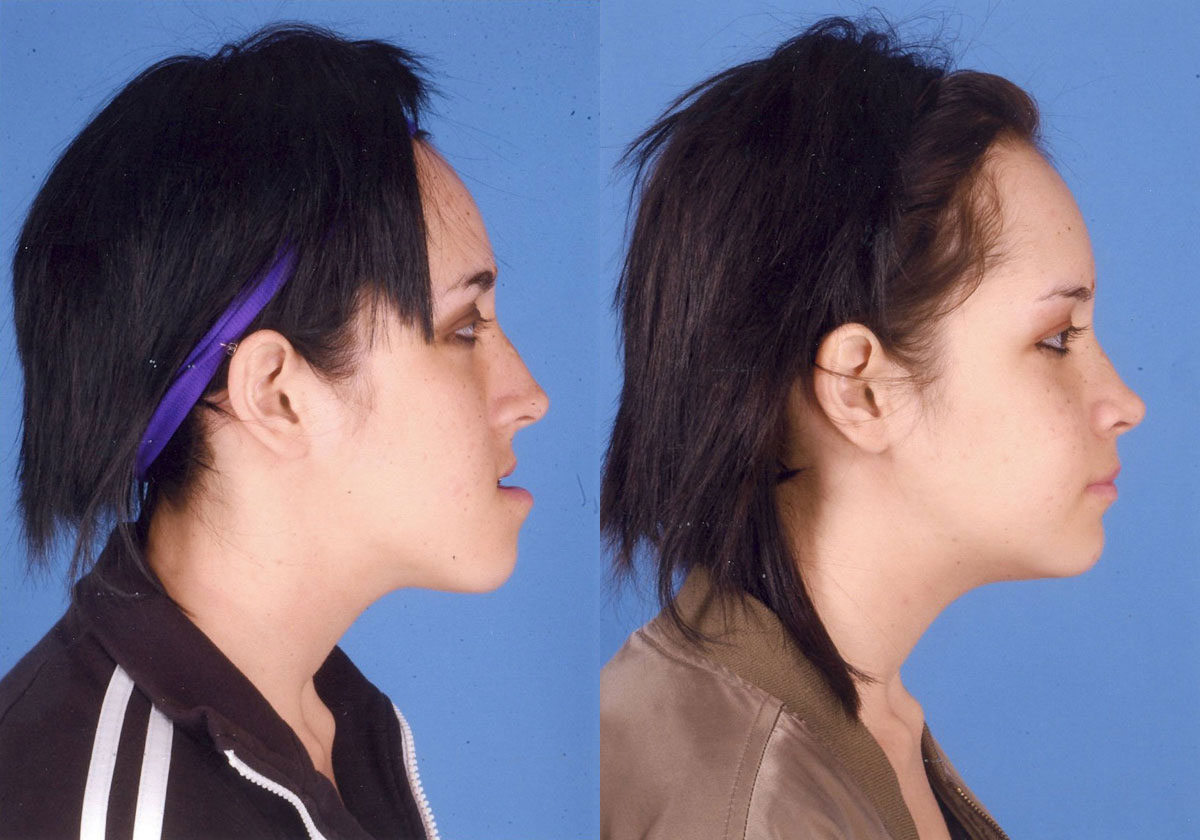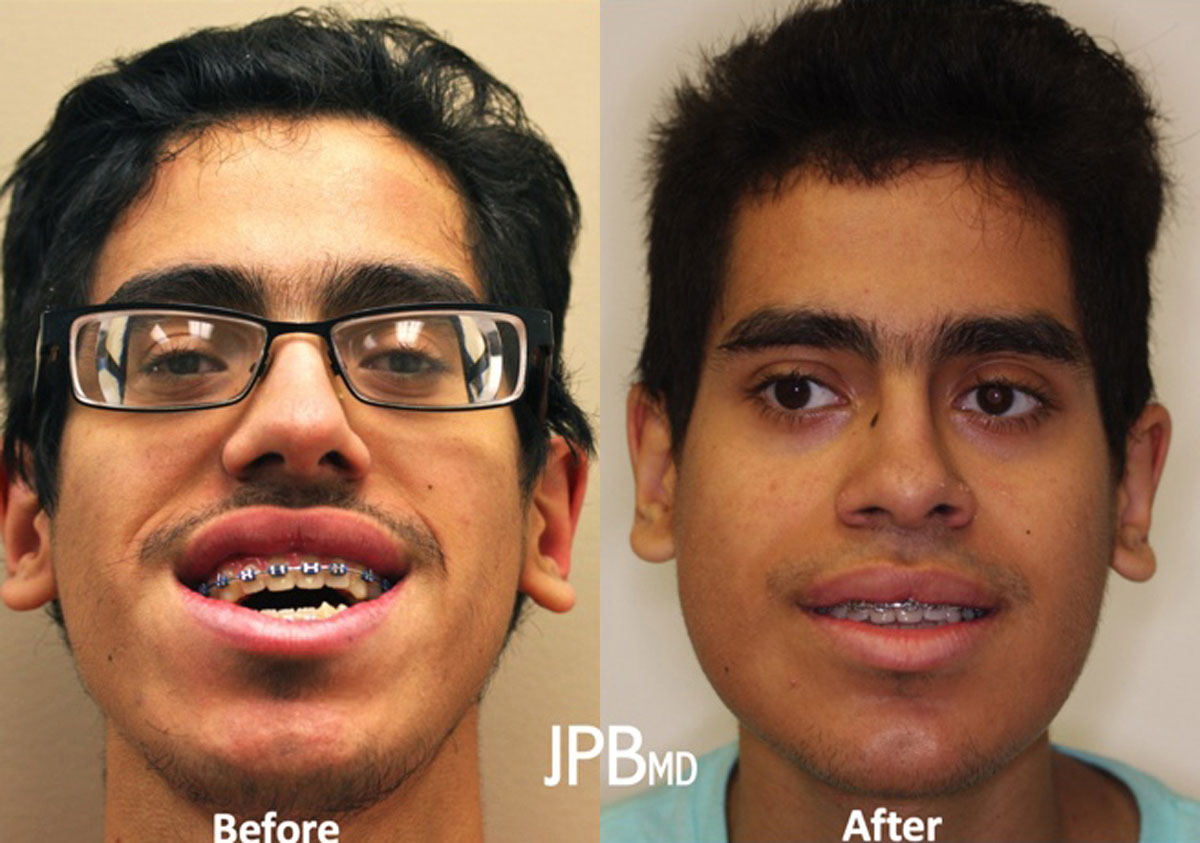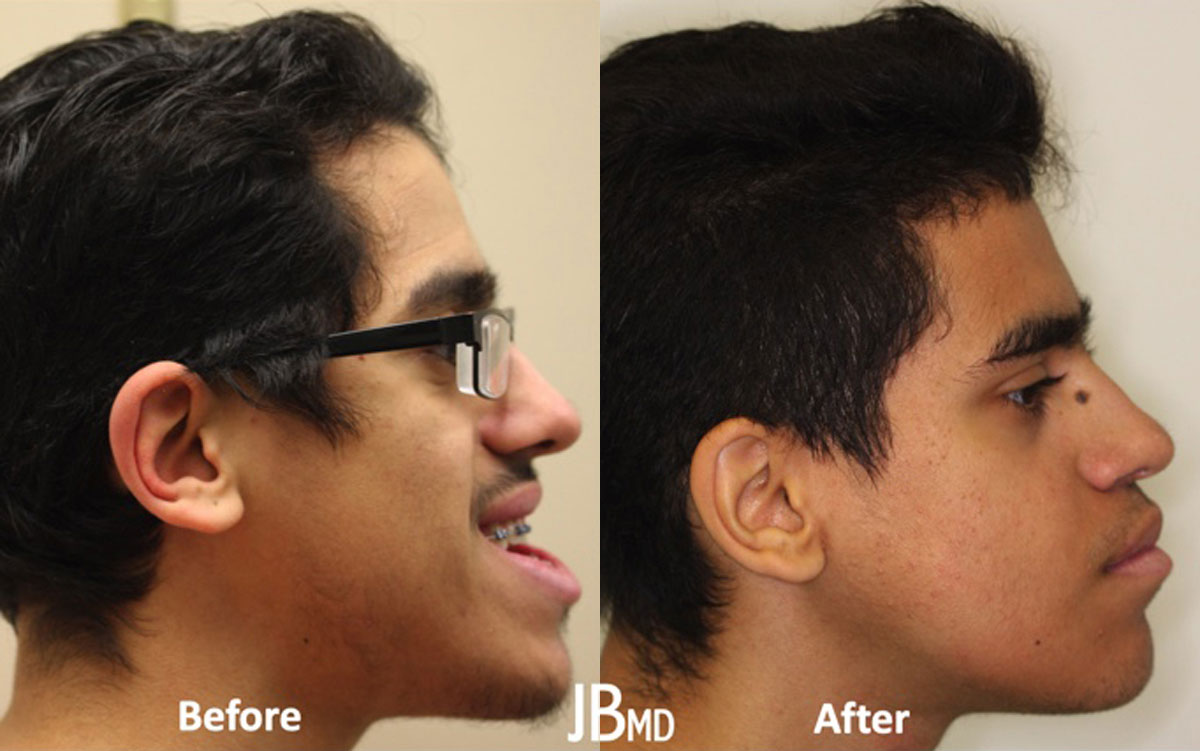Conveniently located to serve New York City, Queens, Bronx, Brooklyn, Long Island
For those facing significant jaw misalignment, structural abnormalities, or functional issues, jaw surgery—also known as orthognathic surgery—can provide life-changing results. At our New York City locations, Dr. James Bradley, a board-certified plastic and general surgeon, specializes in corrective jaw procedures that restore function, enhance appearance, and relieve pain from conditions like TMJ disorders and sleep apnea.
Jaw (Orthognathic) Surgery
Jaw surgery is performed to move the jaws to create the best dental bite and aesthetic appearance. Jaw surgery is recommended for patients with dentofacial deformities that cannot be corrected by orthodontics alone.
Jaw Surgery Objectives
- Achieve the best dental occlusal relationship
- Optimize facial aesthetics, balance, and beauty
Who Is a Candidate for Jaw Surgery?
Jaw surgery is ideal for individuals who experience persistent functional issues that cannot be corrected with orthodontics alone. You may be a candidate for orthognathic surgery if you:
- Have significant bite misalignment that affects chewing or speaking.
- Experience chronic jaw pain, popping, or locking due to TMJ disorders.
- Suffer from obstructive sleep apnea related to jaw position.
- Have facial imbalances or asymmetry due to congenital deformities or trauma.
- Are at least 18 years old and have completed jaw growth.
Benefits of Jaw Surgery
Orthognathic surgery offers transformative results by addressing both functional and aesthetic concerns, including:
- Improved Jaw Function: Easier chewing, speaking, and swallowing.
- Relief from TMJ Symptoms: Reduction in chronic jaw pain, locking, and tension headaches.
- Better Sleep: Enhanced airway function for those with sleep apnea.
- Facial Symmetry: Balanced, proportional facial contours that improve appearance and confidence.
- Long-Lasting Results: Improved jaw alignment with durable outcomes.
Jaw surgery can profoundly impact quality of life, whether it addresses pain, functionality, or appearance.
What Happens During Jaw Surgery
Most patients complete orthodontic treatment before surgery to optimize teeth positioning. Your surgical plan starts with digital imaging and 3D modeling for precise planning.
During the procedure, performed under general anesthesia, Dr. Bradley makes incisions inside the mouth to access and reposition the jawbones. Titanium screws and plates secure the new alignment. Depending on the complexity, the surgery lasts two to five hours. Throughout the process, our surgical team carefully manages every detail to achieve both functional improvement and aesthetic balance.
What to Expect After Jaw Surgery
The first two weeks focus on managing swelling and discomfort through medications and cold compresses. During initial healing, you’ll follow a soft or liquid diet. Most patients return to work within two to three weeks, though strenuous activities should wait six to eight weeks.
Follow-up appointments track your progress while you advance through dietary stages and specific jaw exercises. Swelling decreases over 6 to 12 weeks, revealing your new profile. If needed, orthodontic adjustments continue during recovery to perfect your bite alignment.
What Is the Cost of Jaw Surgery in NYC?
The cost of jaw surgery in New York City varies widely depending on the complexity of the procedure, whether orthodontics is required, and your specific condition. Functional surgeries related to TMJ disorders or sleep apnea may be partially or fully covered by insurance, while procedures performed for purely aesthetic improvements are generally not covered.
Why Choose Dr. James P. Bradley
Dr. James Bradley is a Harvard-trained, board-certified surgeon with dual expertise in Oral and Maxillofacial Surgery as well as Plastic and Reconstructive Surgery, making him uniquely qualified to handle both functional and aesthetic aspects of jaw surgery.
Dr. Bradley offers patients comprehensive care that prioritizes both function and facial harmony. His expertise particularly benefits patients requiring intricate jaw reconstruction or correction of challenging structural abnormalities.
Your Journey to Comfort Begins Here
If you’re dealing with chewing, speaking, or breathing challenges—or seeking to enhance your appearance—Dr. Bradley can help. With his expertise, we’ll create a personalized treatment plan tailored to your needs. Schedule a consultation to get started.
Patient Success Story
Jaw Surgery Frequently Asked Questions
What dentofacial deformity do I have?
Your dentofacial deformity may be Class III (prominent lower jaw), Class II (small lower jaw), vertical maxillary excess (gummy smile), short lower face, or facial asymmetry.
How long will the entire process take?
The length of the entire process, from presurgical orthodontics to jaw surgery to post-surgical refinements, will vary from patient to patient but may take 9-14 months. If you are a candidate for ‘surgery-first’ or ‘rapid orthodontic preparation,’ then your length of treatment will be shortened considerably.
Will I need braces before or after jaw surgery?
Most patients require orthodontic treatment both before and after surgery to achieve optimal results. Presurgical orthodontics typically lasts 12-18 months, while post-surgical adjustments may continue for 6-12 months.
Can I speak normally after jaw surgery?
Initially, speaking may be challenging due to swelling and adjustment to your new bite. Most patients return to normal speech within 3-4 weeks, with continued improvement as healing progresses.
How soon can I return to work or school after jaw surgery?
Most patients can go back to non-strenuous activities, such as office work or school, within 10 to 14 days, depending on how quickly they heal and manage swelling or discomfort.
Your jaw surgery procedure will be performed at James P Bradley, MD’s surgery center in New York.

